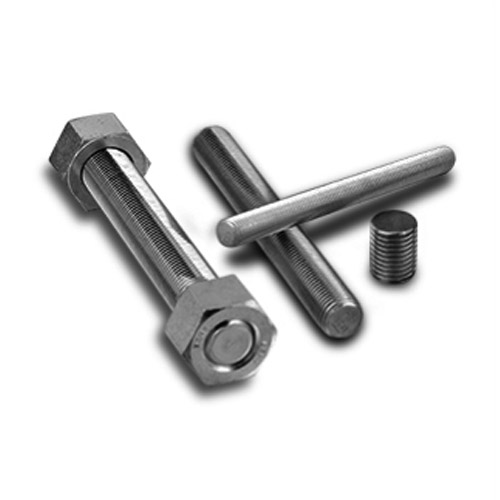reinforced fuel line
Dhj . 24, 2024 16:58 Back to list
reinforced fuel line
The Importance of Reinforced Fuel Lines in Automotive Engineering
In the realm of automotive engineering and maintenance, the significance of fuel delivery systems cannot be overstated. Among the various components integral to this system, reinforced fuel lines stand out due to their crucial role in ensuring safety, efficiency, and longevity of a vehicle's performance.
Reinforced fuel lines are specifically designed to withstand the demanding conditions that come with transporting fuel from the tank to the engine. These lines are constructed using durable materials such as rubber, nylon, or plastic, often embedded with additional layers of reinforcement—such as steel mesh or braided materials—to enhance their resilience. This reinforcing structure allows them to endure high-pressure environments and extreme temperatures, minimizing the risk of leaks or ruptures, which can be catastrophic in terms of both safety and performance.
One of the primary advantages of opting for reinforced fuel lines is the reduction in the likelihood of fuel leaks. Fuel leaks are not only hazardous due to the risk of fire and explosion but can also lead to significant economic losses through wasted fuel and expensive repairs. By utilizing reinforced lines, manufacturers can ensure a tighter seal and greater integrity against environmental stressors, thereby enhancing the overall safety of the vehicle.
reinforced fuel line

Additionally, reinforced fuel lines contribute to improved performance. They can handle the increased fuel flow required by high-performance engines and systems. In modern automotive applications, where turbochargers and superchargers are common, the demand for efficient and reliable fuel delivery is paramount. Unlike standard fuel lines, which may falter under increased pressure or temperature, reinforced lines maintain their structural integrity, ensuring that the engine receives an uninterrupted fuel supply, thereby optimizing engine performance and efficiency.
Moreover, the durability of reinforced fuel lines translates to a longer lifespan. Vehicles today are built to last, and the components used within them should match that longevity. Reinforced fuel lines are less susceptible to wear and tear, which is particularly important in regions with extreme weather conditions or in vehicles that are frequently driven in harsh environments. Routine maintenance becomes less of a concern, as these lines require fewer replacements and repairs over time.
An often-overlooked aspect of reinforced fuel lines is their contribution to eco-friendliness. With stringent regulations regarding emissions and fuel efficiency, having a reliable fuel system is essential for minimizing harmful emissions. Leaky fuel lines will not only waste valuable resources but can also lead to environmental contamination. By investing in quality reinforced fuel lines, manufacturers and vehicle owners play their part in promoting sustainability within the automotive industry.
In conclusion, reinforced fuel lines are a vital component of automotive engineering, offering a plethora of advantages that enhance both safety and performance. Their ability to resist pressure, temperature fluctuations, and wear leads to a more reliable and efficient fuel delivery system, ultimately benefiting both the vehicle owner and the environment. As the automotive industry continues to evolve toward greater efficiency and sustainability, the importance of components like reinforced fuel lines will only grow. For optimal vehicle performance and safety, investing in high-quality reinforced fuel lines is not just a choice; it is a necessity.
Latest news
-
Durable Automotive Fuel Line: Car, Diesel & E85 Hoses
NewsAug.27,2025
-
Automotive Fuel Line & Hose Solutions | E85 & Diesel Ready
NewsAug.26,2025
-
Reliable Automotive Fuel Line | E85 & Diesel Compatible
NewsAug.25,2025
-
Durable Car Heater Hose | Quality Automotive Preheater Pipes
NewsAug.24,2025
-
Durable Air Brake Hose & Air Lines for Trucks | Safety Ensured
NewsAug.23,2025
-
Air Conditioning Charging Hose: Durable AC Recharge Kits
NewsAug.22,2025
